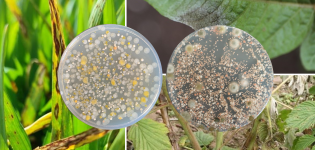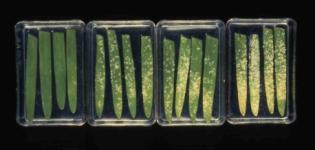Plant endophytic microbes in agriculture
Plant endophytes are symbiotic, and often beneficial, microbes living inside plants that can boost growth, enhance stress tolerance, and help protect against pests and diseases. By harnessing these natural allies, we can reduce reliance on pesticides while improving crop resilience and productivity.




